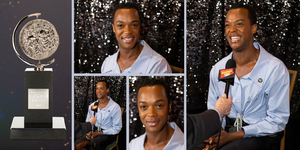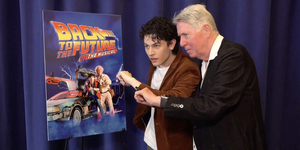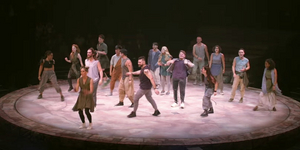Interview: T.J. Gerckens on Otterbein University's 'Big-League Program in a Small-School Package'
The Associate Professor and Producing Artistic Director discusses what sets Otterbein apart from other programs, studying in the Midwest, and more.
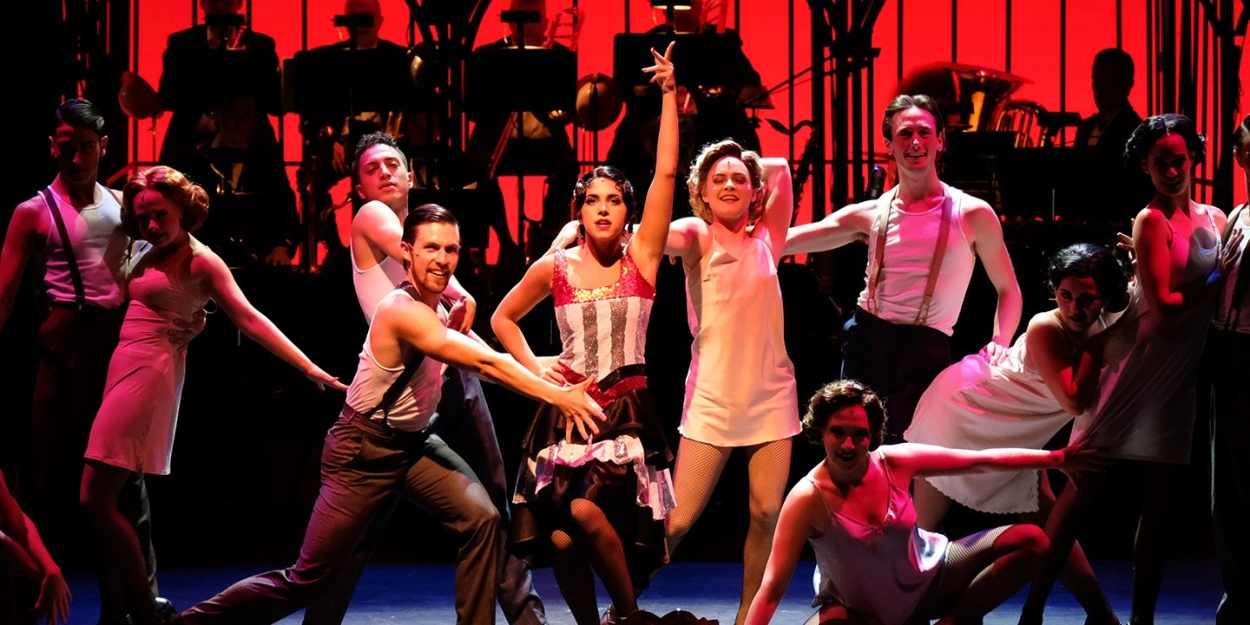
Otterbein University is a liberal arts school located in Westerville, Ohio. The Department of Theatre and Dance offers intensive professional training through their BFA undergraduate degrees in Theatre, Theatre Design and Technology, Acting, and Musical Theatre, as well as a BA in Theatre and a minor in Dance.
At Otterbein, students produce exceptional pieces of theatre while learning from and working intensely with experienced, professional artist-teachers and guest professional artists. Students will learn the intricacies of the art form, while being exposed to critical networking and professional development opportunities, including working with professionals in places like New York City, Chicago, and Los Angeles through their nationally-recognized internship program.
BroadwayWorld sat down with Otterbein University Associate Professor and Producing Artistic Director T.J. Gerckens to discuss what sets Otterbein apart from other programs, the benefits of training at a small Midwestern school, and how to know whether a college program is right for you.
What do you think sets Otterbein's program apart from others like it?
We are a big-league program in a small-school package. We feature true intensive professional training housed on a small campus. We are large enough to have high production values and budgets, and to teach specialties such as the Feldenkrais and Alexander techniques, but small enough for students to know their professors and be known as the individual artists they are. We are an undergraduate-only program, which means that our performers have all the prime casting opportunities open to them, and our Design/Tech students move quickly to leadership positions such as Technical Director, Draper, and/ Designer on mainstage productions. We are also a professional training program housed in a liberal arts university. This is an intentional collision of seemingly opposite educational styles. This combination cultivates theatre professionals with the technical and artistic mastery to "make it" in a very competitive field, and the critical thinking skills and well-rounded minds to understand why we do theatre and to thrive in a complex world.
What is the admissions/audition process like and what kind of students are you generally looking for?
Admission to our program is competitive and is by audition/interview only. We use the Acceptd application platform, which can be found at www.getacceptd.com. Performers move through a prescreening process before select individuals are invited to audition or interview. We audition on campus, virtually, and at events like the Unifieds in NY, Chicago, and LA, the Moonifieds, CAP in Atlanta, and in Texas. Design Technology and Bachelor of Arts students interview with our Faculty/Staff for admission. We hold interviews on campus, virtually, at the International Thespians Conference, and we have a strong presence at the Ohio State Thespians Conference and events in Texas.
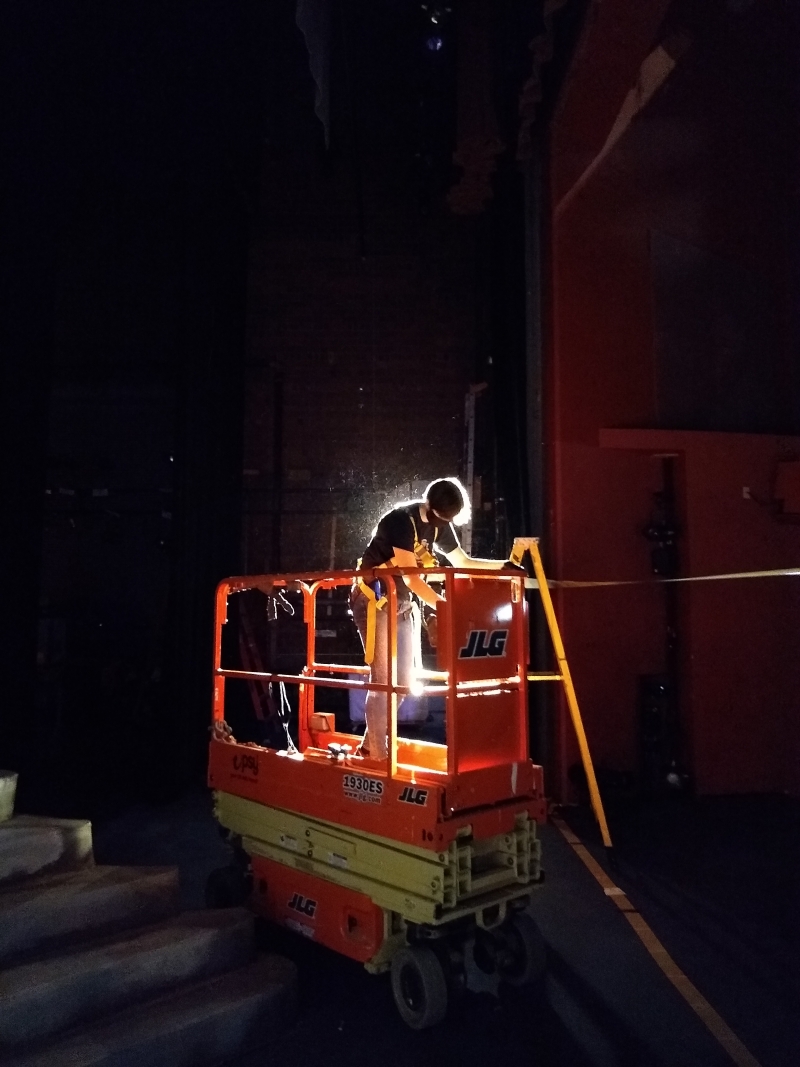
We are looking for students who are passionate and hungry to learn and create. We are looking for talent, skills, and curiosity. We are looking for individuals who are great student/creators and also individuals of integrity and who will build a sense of community. We are looking for students who will compete with each other, rather than against each other, using their peers to inspire them and mutually lift each other up. Our students tend to be highly-driven and our guest artists rave about the quality and engagement of our student body.
What advantages do you see in going to a school in a Midwestern campus setting like Otterbein?
We are fortunate to be located just outside of Columbus, Ohio, one of the nation's great mid-sized cities. Our campus is small and beautiful, nestled in an older suburb of Columbus. It is a great environment to spend four formative years of your life. We have the "Uptown Westerville" district a few blocks away with restaurants, stores, a bakery, ice cream, and great community festivals, and we are 20-25 minutes away from Downton Columbus with Broadway touring shows, locally grown theatre, professional sports, concert venues, shopping, and urban nightlife.
Have a lot of alumni gone on to success in the industry? What kind of careers are they pursuing?
One of the hallmarks of our program is the success of our alumni, a success that is individually defined by what makes them happy and meets their needs. One of the things that drew me to Otterbein, first as a prospective student and more recently as a prospective professor, is the fact that our alumni work. We have alums working on Broadway, Off-Broadway, on Cruise Ships, at many regional theatres across the country, in television, movies, and at Walt Disney World's entertainment division. We have alumni who are leading high school programs, founding their own companies, writing plays, company managing multiple Broadway shows, producing Broadway shows, performing in touring companies of Hamilton and Tootsie, among others, and designing for the Metropolitan Opera. We also have alumni who have found their personal success outside of the theatre, using the skills they learned through theatre and the liberal arts to achieve and contribute in other professions.
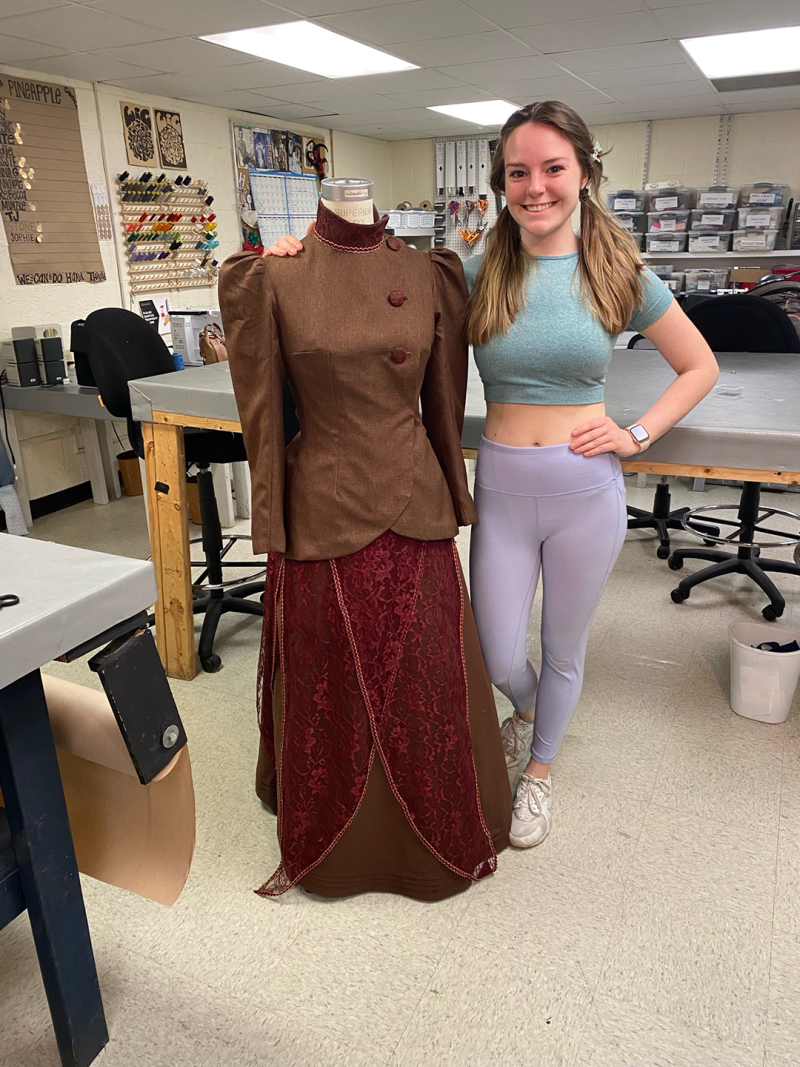
What would you say to a prospective student who isn't sure that further education is necessary for a career in the arts?
I'd share the following three key points:
The first is that the majority of working professionals in our business have developed their skills through a college education, and this isn't a coincidence. College compresses what you might learn in many years of on-the-job learning into four years of intensive study. A College program will teach you many styles, techniques, and aspects of theatre, while learning on the job means you only learn what you have been exposed to through the demands of the marketplace. Our performance program teaches many acting methods, ranging from Stanislavsky through the Viewpoints. Our Design/Tech program teaches multiple CAD and digital drawing/rendering platforms, and our students work with multiple types of steel work, woodwork, and various costume periods and techniques. Our lighting students learn to light multiple genres of theatre and dance, in different stage configurations, and with conventional and intelligent fixtures. The college experience also builds an extensive personal and professional network you can tap into throughout your career. You have the benefit of your professor's networks, and a program like Otterbein's has an extensive and active alumni network. A college program teaches you how to prepare for the job search, how to market yourself, and how to interview/audition. Programs like our professional internship and senior showcase jump-start your entry into the profession and introduce you to the theatre world. A college program simultaneously broadens the scope of what you are qualified to do, while streamlining the time it takes to build a career.
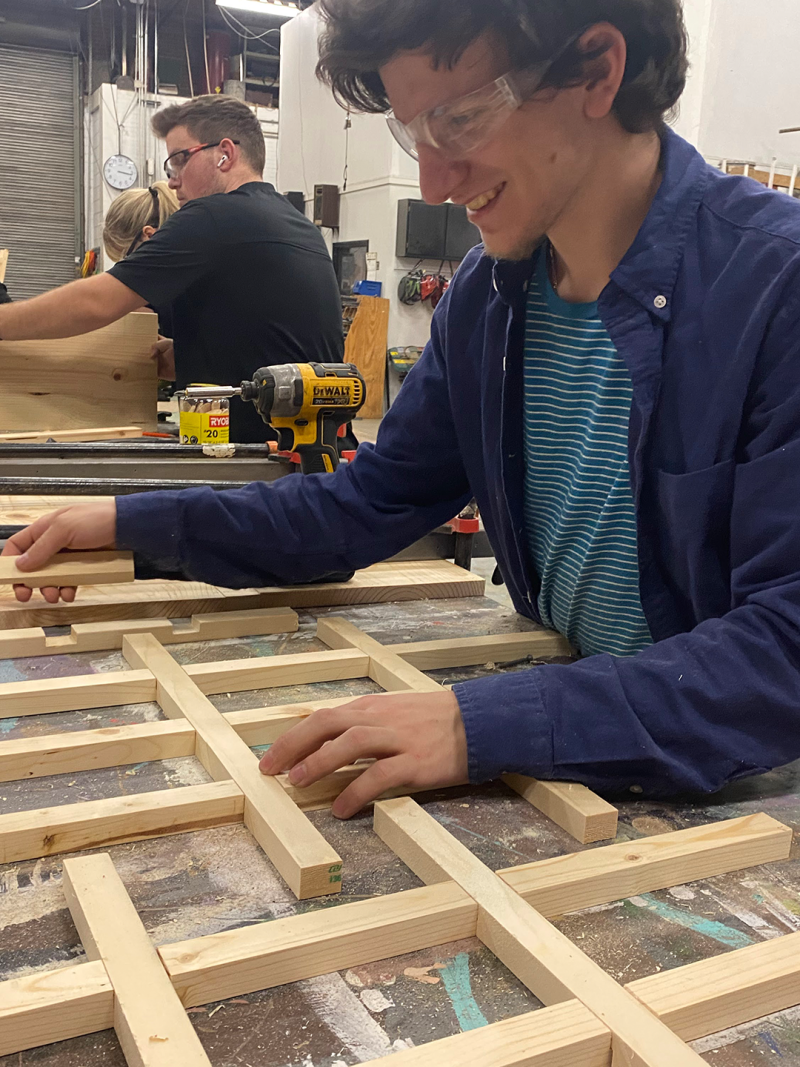
The second point is that College prepares you for more than just a specific job in the theatre. It teaches you the techniques and skills you need to get hired and perform your job, but also teaches what you need to know to stay employed and to be hired for the second and third project/job, and beyond. An education like Otterbein's enriches you beyond the task-oriented techniques. It cultivates creativity, curiosity, critical thinking, problem-solving skills, and empathy. College builds a contextual understanding of the world and teaches you how to learn--which is critical because the world is constantly growing and changing. All of this makes you a more effective and employable professional and citizen, whether you choose to pursue theatre or another field.
The third point is that College isn't for everyone. There are other paths that may be more appropriate for specific people. College has many benefits but requires an individual to excel at both production work and academic classes. Some people do exceptional work onstage or in the shops but struggle to pass their classes. These individuals may do better in alternative educational settings like technical apprenticeships or freestanding acting studios. The decision to attend College or not needs to be based on what best fits the specific individual. This will be different for different people.
What has been the most rewarding part of being a part of the Otterbein team?
It sounds cliche, but the greatest reward is working with our students. I love watching them constantly exceed my expectations and knowing that perhaps I played some part in their growth and success. I love the relationships we develop with our students and seeing them have the "aha" moments when they make a discovery about their art, craft, or themselves. It is an honor to teach and learn from them.

For more information on how to apply, click here!
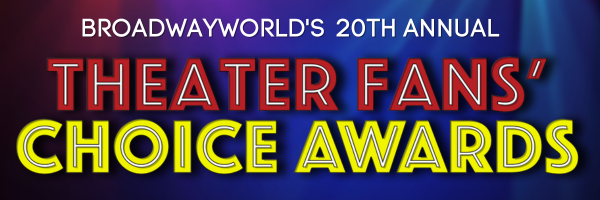
|
Videos
TICKET CENTRAL
Recommended For You







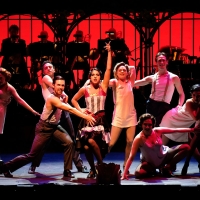
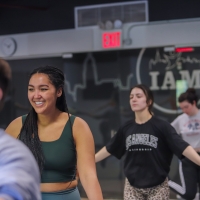


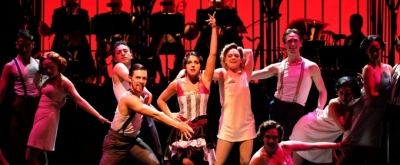
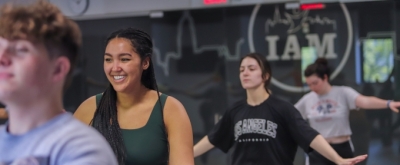

 Shucking Around with Ashley D. Kelley: SHUCKED Hits the Recording Studio
Shucking Around with Ashley D. Kelley: SHUCKED Hits the Recording Studio